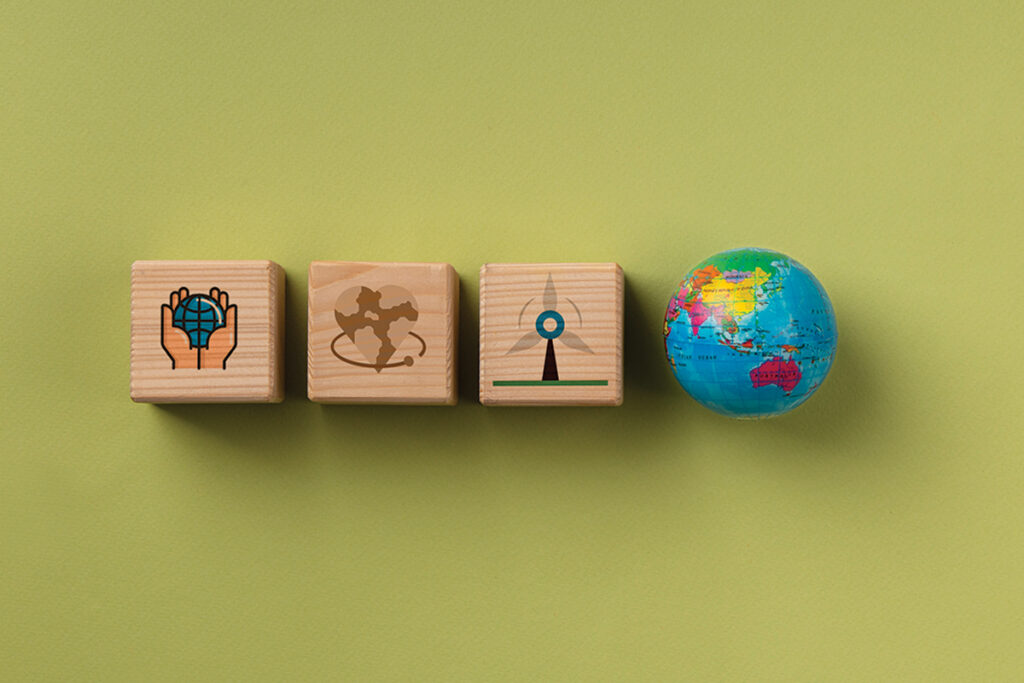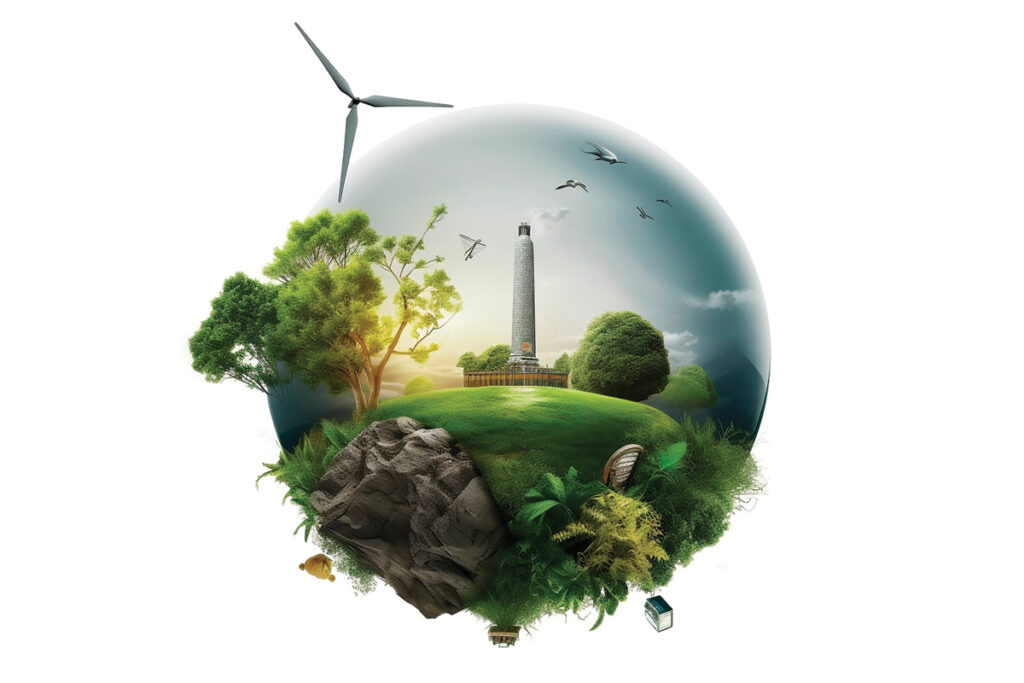With myriad shifts redefining capitalism, we look at the factors that can help create a better, more sustainable, and egalitarian world

Words by Namrata Rana and Utkarsh Majmudar
The last decade was the age of connections enabled by social media platforms, collaboration via cloud computing, and enablement of distributed work via the gig economy.
The next decade will be different.
Global pandemics and the fragility of economic systems have taken the sheen off capitalism. People are asking, why isn’t capitalism solving problems and does exponential, unfettered growth really lead to long-term prosperity? The perpetually growing economy, on which our financial system rests, has now come into conflict with a finite biosphere. This is imposing limits for finance and how we live our lives.
The challenges of accelerating climate change, biodiversity loss and collapsing ecosystems are no longer a dystopian possibility, they are here now. There is growing concern about how a new economic order that is inclusive and just can be created in the post-pandemic recovery.
2021 to 2030 is the decade of sustainability

This is a time of action. A time for the corporate world to showcase what they really stand for. Long-term horizons for public good and on-ground action will create resilient companies in an increasingly volatile world. Since the Sustainable Development Goals must be implemented by 2030, they require immense support not only from governments but also businesses.
ESG is the new face of finance

We get what we measure; and that is a big part of the problem. The world’s economic system does not take into consideration public goods like air quality, good health, excessive waste and need for a habitable climate. These measures are now becoming necessary for us to have a sustainable future.
The big shifts in Circularity, Agriculture, Energy, and Water
The issues around climate change and sustainability are fundamentally about the loss of connection with our immediate environment. At another level the big issues of circularity, agriculture, energy and water are interconnected. These interconnections give us hope that speed is possible and that given the right inputs can build positive changes.
Net-zero is also about social inclusion and green jobs
To transform business for the ESG world, we need a new kind of leadership. In our previous book, Balance, we highlighted the need for business to act as a trustee to society and built on the premise that business cannot succeed in a society that fails.
The decade of building trust
In recent years, trust in institutions, media and brands has been eroded. Consumers no longer trust advertising and doubts are being raised about product labels and certifications too. So is the case with media. Media houses are increasingly being questioned and news is often misrepresented and content altered to represent a certain point of view. So, who do people trust? There are no easy answers to this.
Building back better
The urgent necessity to address these important areas of inequality, climate change and transformation at scale will transform society and business. To manage these transitions and emerge on top will require a deeper understanding of trends and strategies that can unlock newer opportunities. This is an opportunity to redesign and recreate a responsive and better planet that can make us healthy, happy, and economically sound.

The fight for one’s survival is the fight for everyone. World economies are interconnected, so are our lives. Hence, leadership for the twenty-first century needs to be about trusteeship, public good and equity. However, trusteeship is only possible if you can build a moral core. The pushes and pulls though between the connected nodes of economics, capitalism and resources, technology, and society will make for an exciting journey in the next decade. That is really what our book Shift is about, a journey into the shifts that are redefining capitalism and those that will perhaps help create a better, more sustainable and egalitarian world.
Namrata Rana is Director, Strategy and Brand at Futurescape. She is an alumni of IIM Ahmedabad and the University of Cambridge Institute for Sustainability Leadership (CISL). She works with governments, companies and NGOs on net-zero transition and green jobs. She is the co-author of Balance: Responsible Business for the Digital Age.
Utkarsh Majmudar teaches at leading business schools in India and in the past has worked at several large corporations in India. He is a member of the Board of Governors at the IIM Raipur. He writes extensively on sustainability issues and has authored many case studies. He is the co-author of Balance: Responsible Business for the Digital Age.
This story is an edited excerpt from their latest book, ‘Shift: Decisions for a Net-Zero World’, which focuses on the transition that companies need to make towards the net-zero and circular economy without leaving anyone behind. It also focuses on the importance of environmental, social and governance (ESG) norms and how they can be integrated into corporate strategies.


